 AD
AD
Today is: December 23
Scroll to explore events active on this date.
LEEP INK FEATURES

2025 is the Year of...
21 Themes and 'Year of' Events for 2025 PART ONE, THE FIRST 12 Every year, various organizations announce the theme for the year. These themes can focus on causes, such as aesthetics and color tre...
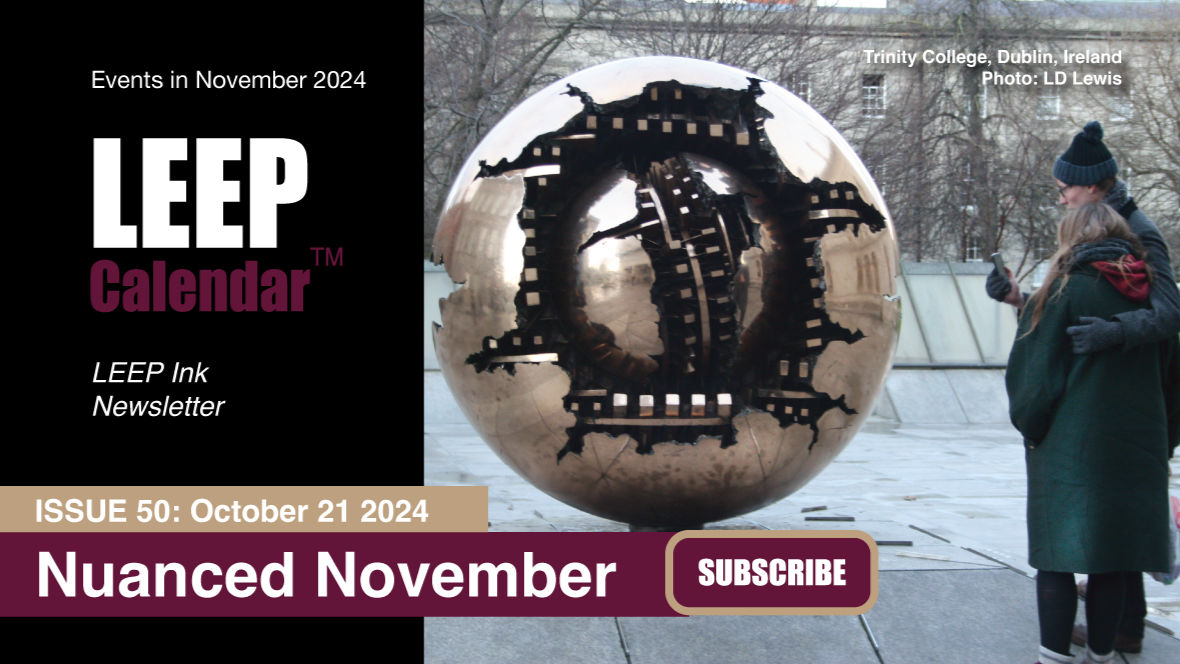
Nuanced November 2024
November is the start of the holiday season in many parts of the world. It is a time for family, football, food, shopping and decorating, particularly in the Christian and Jewish world, leading to Christmas and...

December's Gift
Events in December 2024. Well, we made it to December. December is the holiday season, particularly in Western nations, where Christianity and Judaism are the faiths most common in the nation's past. ...
About Recycle Your Mercury Thermostat Day
Real Estate , United States
Ends: Oct 24, 2025
DESCRIPTION:
Saving the World One Thermostat at a Time – the hows and whys of thermostat recycling by Ryan L. Kiscaden
(Edited for grammar and clarity by LEEP Calendar)
A Brief Background
Honeywell, White-Rogers, and General Electric started Thermostat Recycling Corp. (TRC) as a nonprofit in 1998 to safely remove mercury-containing thermostats and keep them out of the waste stream. Because mercury is an element, you cannot destroy it, and scientists have identified it as a hazardous substance to humans and animals. Furthermore, the media has raised concerns about the safety of mercury in our waterways and the dangers of eating fish with unacceptable levels of mercury.
Today, 31 manufacturers participate in TRC's efforts with financial support. We have a clear-cut, collective goal: Keep mercury out of the waste stream to protect the environment.
The Process
When TRC first examined the issue of thermostat removal, it formulated what amounted to a supply chain solution to begin the removal and recycling process. The effort was initially confined to the cooling and heating industry (HVACR).
Most change-outs of a thermostat would occur when a contractor replaced the old one (containing mercury) with a newer model. We wanted to make the exchange not only easy but rewarding. But to reach these contractors (and ultimately HVACR wholesalers, too), promoting the message was key.
The Message
Before implementing the recycling process, we used every available media vehicle across a broad and continuous marketing campaign to promote the message about the dangers of mercury entering the environment without proper disposal of mercury thermostats. The announcement was front and center, from press to trade shows to collateral material, earned, and social media.
One lesson we learned was the importance of durability. A public relations expert told us, "Unless you have an instant need on the part of your target audience, don't expect immediate results. Some public relations campaigns are successful because they last long and constantly remain visible. Their campaigns succeed because they're durable and not because they are intrinsically interesting or even creative."
The Government
Throughout our years of recycling mercury thermostats, we have encountered legislative bodies that oversee removing mercury-containing thermostats. About half of the states have mandates that deal specifically with this issue.
This aspect imparts both a legislative component to our efforts as well as a legal one. To justify our existence, TRC must demonstrate both good-faith effort and success in pursuing its cause. The legal component of our messaging is conveying to people that replacing their thermostats has financial and liability issues that could affect them.
Shifting Sand
As noted earlier, our initial network focused on the HVACR contractors replacing the thermostats and the HVACR wholesalers who held our bins for collection. In 2006, our program expanded to include household hazardous waste collection sites and thermostat retailers.
Our momentum increased significantly when TRC partnered with Heating, Air Conditioning Refrigeration Distributors International (HARDI), the premier wholesale trade association representing most of the more prominent HVACR distributors in the United States.
As part of our marketing, we created the Biggest Man on the Planet Award (BMOP). We keep tallies of which organizations recycle the most mercury and highlight the top three winners at HARDI's annual conference. The spark of competition adds some spice (and media attention) to the humdrum act of collecting thermostats. We've been promoting the BMOP message ever since 2015.
Show Me the Money & Warn Me About the Liability
It all comes down, ultimately, to the money. And in our world, that centers on the rebate. Here's what we can safely surmise, the amount of money that induces someone to act is open to debate. In certain regions, we offer a $5 rebate to contractors on mercury thermostats collected.
Our challenge lies in determining a high enough price to prompt participation but not so high that we bankrupt the budget.
And the added crunch to the issue is the good news-bad news syndrome. The good news – we believe that our success has led to a drop-off in collections since 2014. The bad news? The cost to administer the program continues to increase, especially when we view it through the lens of cost-per-thermostat retrieval.
The Influence of Smart Thermostats
Consumers (leaving aside a small number of DIYers) will generally remove and replace a thermostat by calling a contractor. But there can be a motivation for consumers, too, as many are now becoming interested in smart thermostats that offer more options. A combination of falling prices on certain intelligent thermostats, and utilities offering rebates, make it far more likely to impact consumers' decisions than a rebate we pay to a contractor. So, in a sense, the change is more likely to initiate from the consumer (for all the benefits of a smart thermostat) yet is tied to a contractor who has the added incentive of a rebate for following proper recycling protocols.
The thermostat product landscape has changed too. A decade ago, who would have thought that having a neat-looking thermostat in your home could be cool (forgive the pun)?
The benefit to utilities is that they help their customers save on energy costs with an intelligent thermostat while also building their consumer usage and preferences database. The advantage of having a utility involved is they often will have an approved contractor who knows the installation process and how to recycle a mercury thermostat.
It's Not Just About the Incentive
.
While economic incentives are appealing and have played a significant role, Tom Murray, an environmental consultant (www.ensuringtheirfuture.com), suggests an alternative messaging we must not overlook.
Murray says the appeal to a higher cause — our environment — is the carrot, and the stick draws attention to the liability issue. "Many people simply aren't aware of the statutes out there that address the issue of properly disposing of mercury-containing thermostats," he said. If a problem occurs, the contractor could be liable if he leaves the mercury thermostat behind.
He also offered his thoughts on how to affect the behavior of DIYers who might buy a smart thermostat from a retailer, bypassing the contractor altogether. "Why not include in the box their purchase information on how to properly dispose of the old mercury-containing thermostat," he said. "The consumer might not realize that his old thermostat represents a hazard, and you've given him an easy answer to deal with its disposal."
Another reason we shouldn't be afraid to mention the liability issue is personal injury attorneys. Some may be trawling for class action suits and find enough cases to prompt action dealing with mercury-containing thermostats. It has not happened yet, but there's no saying it could not.
Aside from incentives, the environment, or legal compliance, sometimes the motivation to remove an old thermostat rests simply on wanting to be "smarter." Jason Powers, the founder of Powers IoT (www.powersiot.com), turns homes and multifamily units into "smart" homes with the latest in thermostats, lighting, and cameras. While transforming dwellings into digital command centers for IoT homes is his business, Powers adds, "The rebate is a boost, but we also do it because it protects our environment."
Mercury-Containing Thermostats: A Historical Perspective
The first efforts to recycle mercury-containing thermostats started with the passage of the Resource Conservation and Recovery Act on Oct. 21, 1976. The Resource Conservation and Recovery Act — commonly referred to as RCRA — was our nation's primary law governing the disposal of solid and hazardous waste.
The law intended to address the increasing problems the nation faced from a growing volume of municipal and industrial waste. It identified certain "metals of concern," such as mercury, and flagged products that contained mercury. After the RCRA's enactment, mercury thermostats were co-mingled (pardon the recycling pun) with other household products (batteries, certain pesticides, and lamps) that fell under RCRA enforcement. This rule – published in 1995 – included lowering the standards for manifest shipping requirements, defining small quantity generator designations, and classifying these products as universal wastes instead of hazardous ones.
Lessening their designations allowed for the streamlining of recycling programs, eased the regulatory burden, and reduced the number of hazardous wastes going to landfills or municipal combustors. The rule allowed several states to tighten legislation requiring manufacturers to pay for recycling or develop penalties for improper disposal of mercury thermostats through disposal bans.
Along with RCRA, the Mercury Export Ban Act (MEBA) of 2008 required a reduction in the use of mercury in products and prohibited the reintroduction of mercury back into commerce. MEBA eliminated the market for mercury-containing products such as mercury thermostats, even though their product life cycle was declining. MEBA required the Department of Energy to designate and operate long-term management of storage for elemental mercury generated in the U.S. To date, the long-term storage plan is incomplete."
Author: Ryan L. Kiscaden is the Executive Director of the Ft. Washington, PA-based Thermostat Recycling Corp., a nonprofit that 31 manufacturers support.
--------------------------------------
VIDEOS
Currently, this event does not have supporting videos.
SUPPORTING DOCUMENTS
Currently, this event does not have supporting documents.
ADDITIONAL IMAGES
Currently, this event does not have supporting images.
Where would you like to go now?
 AD
AD















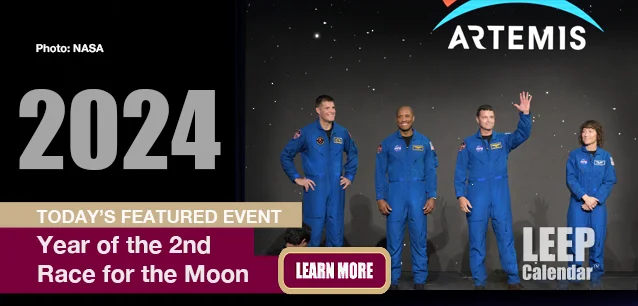

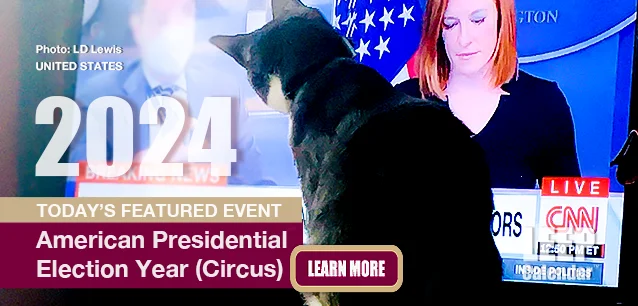




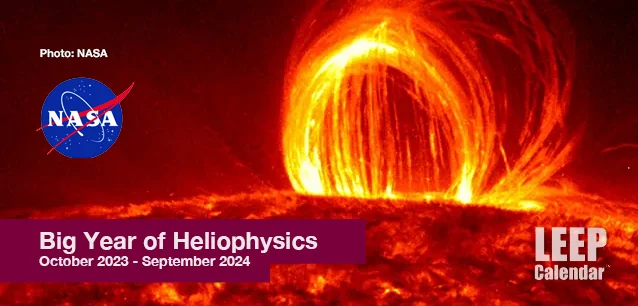





















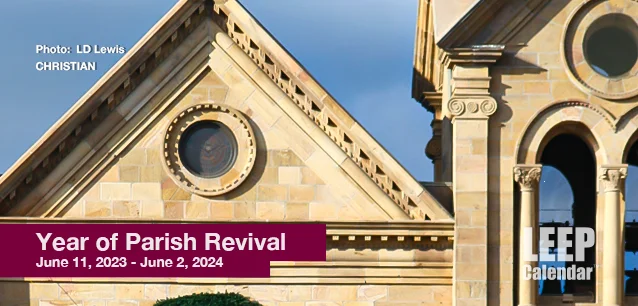



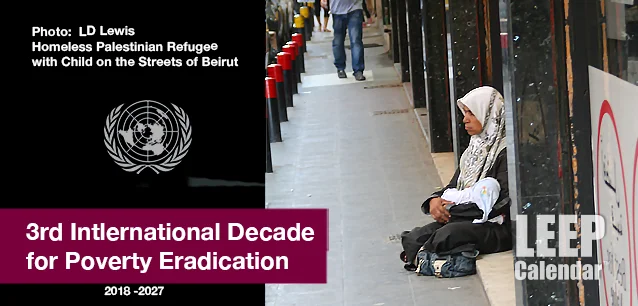

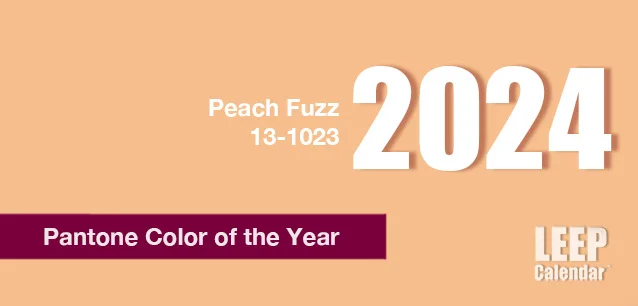

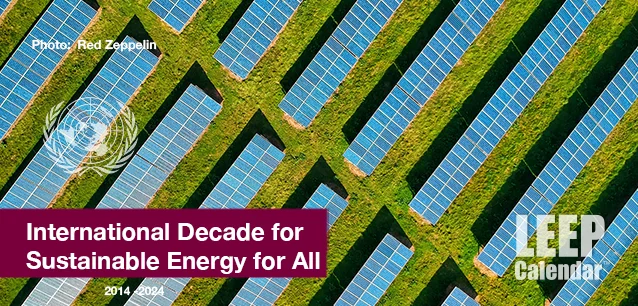

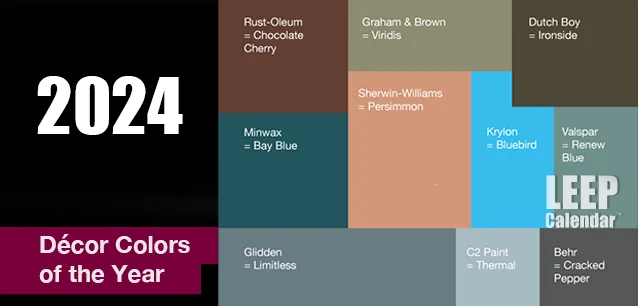




/footer-logo.svg)
